Innovation and teamwork will address strain in health
What direction are the latest healthcare trends in Asia and Vietnam going in?
Healthcare continues to be a key priority for many governments in the region. The COVID-19 pandemic of course put the issue of healthcare top of mind and on the agenda for governments and policymakers, whilst some of the existing issues such as increase in non-communicable diseases such as heart disease, cancer, diabetes, chronic respiratory diseases, and more continue to be an area of focus for all of us in the healthcare sector.
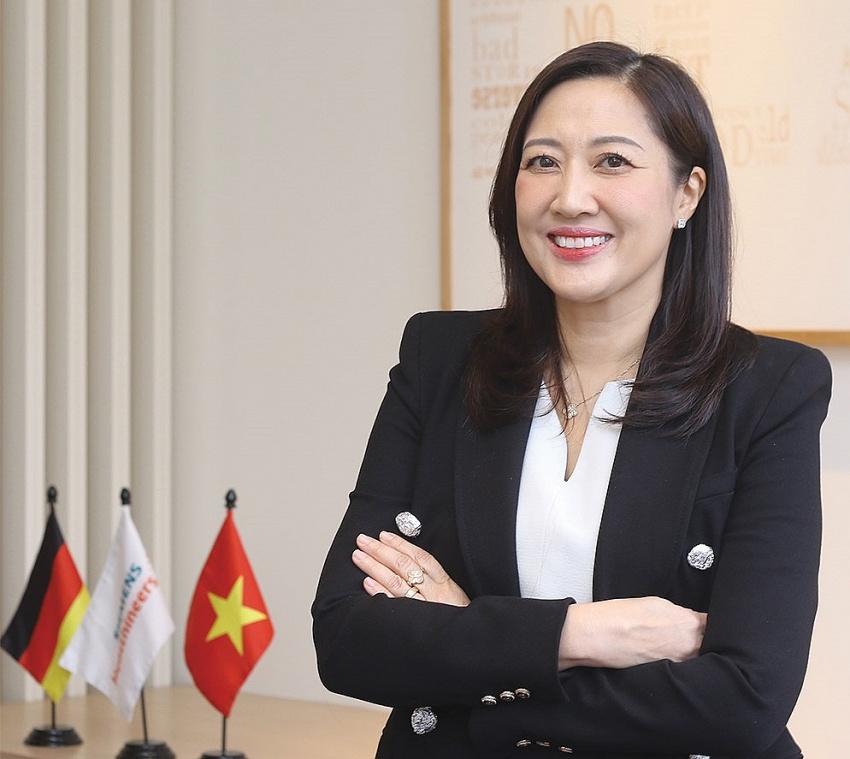 |
| Vy Tran, president of Siemens Healthineers Asia-Pacific and Japan |
The public sector is talking the talk by expanding healthcare spending, and we also see the private sector playing a role in introducing new care models. Medtech companies such as Siemens Healthineers are also playing a role in transforming the patient experience and meeting their healthcare needs through innovative life-changing healthcare solutions, digitalising healthcare as well as other initiative particularly in cardiovascular, cancer, and neurovascular issues.
In terms of trends, the population is getting older, this is a known fact. According to the United Nations Population Fund, by 2050, one in four people in the Asia-Pacific region will be over 60 years old. The population of persons aged over 60 in the region will triple between 2010 and 2050, reaching close to 1.3 billion.
Vietnam’s population has been ageing rapidly, with the proportion of the population that is 60 years and above increasing at the fastest rate, nearly 5 per cent since 2014.
Patients, especially those in Vietnam, are also more digitally savvy, aware of their healthcare needs, conscious of quality of care and price sensitive, which is paving the way for telehealth that could bring more healthcare access to remote areas and wealthier groups demanding for higher quality of care and treatment with personalised solutions.
Thirdly is the trend around cost. No doubt, healthcare is getting expensive and a growing financial burden across Asia. As people get older, they get sicker and while they may live longer, it’s also about ensuring the best possible quality of life. Naturally, the cost of healthcare goes up for them. There is focus on curative care and hospital care, but more needs to be done for preventive care too. It’s about helping people before they get sick and need medical intervention.
In the context of cancer care, what specific initiatives has your organisation undertaken to provide advanced and accessible solutions?
According to the World Health Organization, Vietnam has about 165,000 new cancer cases and about 115,000 cancer deaths each year. The age-standardised rate of cancer mortality in Vietnam is 104 per 100,000 population, ranking 57 globally.
Siemens Healthineers and Varian share a vision for shaping the future of healthcare and creating a world without fear of cancer. We do this by combining our strengths by taking a leap in cancer care, and a leap in the impact on healthcare overall to accelerate the path from diagnosis to survivorship in one joint step.
Through accelerating our digital and AI-offerings, broadening the scope of our service networks and combining our technology and oncology expertise, we aim to improve how diagnostic imaging, radiation therapy, interventional oncology, and surgery are delivered to fight cancer.
In Vietnam, we have provided support to set up cancer screening centres in key locations such as Hanoi, Ho Chi Minh City and others. These centres play a pivotal role in early detection and prevention efforts, offering crucial services to individuals at risk of cancer.
Siemens Healthineers is committed to raising awareness within the community about various types of cancers, including breast cancer and lung cancer. Through television shows and other channels, we disseminate information and educate the public about risk factors, symptoms, and preventive measures, empowering individuals to take proactive steps for their health.
We conduct comprehensive training programmes for healthcare professionals, equipping them with the necessary skills and knowledge to effectively diagnose and treat cancer. These initiatives focus on enhancing diagnostic capabilities, implementing advanced treatment modalities, and staying abreast of the latest developments in cancer care.
In addition, Siemens Healthineers provides support to hospitals in establishing and strengthening their cancer centres of excellence. By providing technology, and expertise, we aim to elevate the standard of cancer care delivery, ensuring that patients receive comprehensive and multidisciplinary treatment approaches.
Digitalisation and automation are transforming healthcare globally. How is your organisation embracing these technologies to improve delivery?
One way to increase efficiency in the healthcare system and to make an impact is through transformative digital and automation solutions. Done well, it can bring change the patient journey as well as alleviate some of the pressures on systems like inefficient processes, long manpower hours, and more.
We see three critical areas that we can play a role. First is innovating personalised care by promoting the health of each patient. For example, by digitally connecting precise diagnosis with precise treatment.
Second is striving for operational excellence by augmenting capabilities and simplifying the work of care teams so they can focus on creating value. This means with the help of AI based clinical decision supports tools, even automation tools for some routine tasks.
And the final aspect is transforming systems of care, enabling for instance smart care delivery models, like the hub and spokes model and hospital at home by seamlessly connecting stakeholders, bringing specialised knowledge closer to patients, and providing access to equitable care.
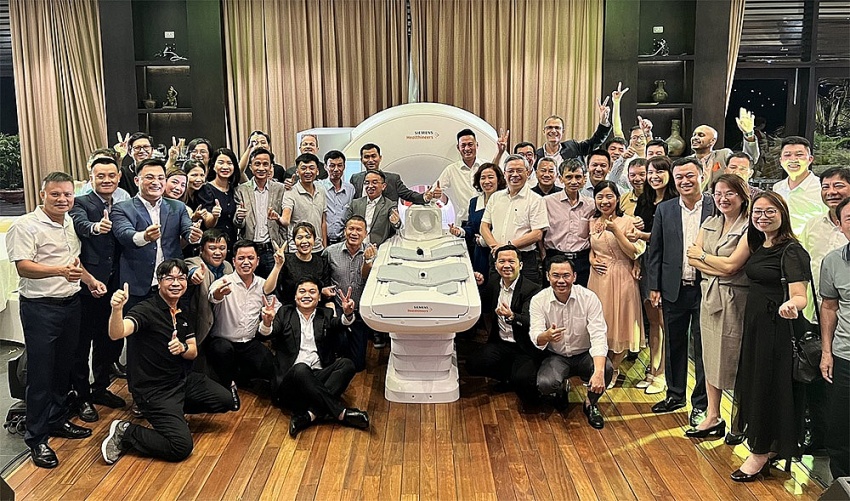 |
| Siemens Healthineers is alleviating pressure in the healthcare sector |
Does Siemens Healthineers have a particular strategy to adapt to the post-pandemic world and accelerate the globe’s development?
Many countries in the region are still dealing with the aftermath of the pandemic, including experiencing a shortage of healthcare professionals such as doctors, nurses, and laboratory technicians.
This scarcity has led to an increased reliance on technology to automate routine tasks, allowing healthcare professionals to focus on more complex and critical aspects of patient care.
The demand for diagnostic testing is on the rise due to factors such as an ageing population, increasing prevalence of chronic diseases, and a growing emphasis on preventive healthcare. This trend has driven the development of advanced diagnostic technologies to handle higher volumes of tests efficiently and accurately.
One of the many ways we are helping governments and partners deal with the pandemic and helping build resiliency is through our diagnostics business.
Siemens Healthineers is dedicated to advancing healthcare through unwavering commitment and innovative solutions that directly address the challenges faced by laboratories. Our mission is to empower healthcare professionals with cutting-edge technologies, streamlined workflows, and precision diagnostics, ensuring that they can deliver the highest standard of care to patients. By collaborating closely with the healthcare community, we continuously strive to understand and overcome the evolving challenges in laboratory settings.
What is the current status of Siemens Healthineers and how does the company serve patients in Vietnam?
Siemens Healthineers is not only a medical equipment supplier but also a professional healthcare consultant. We work with our customers in conceptualising, planning, and executing projects to build intensive care centres.
In Vietnam, Siemens Healthineers has been a partner of nearly 90 per cent of public hospitals, accounting for 40 per cent of our customers, and the remaining 60 per cent are domestic large and medium-sized private hospitals.
Thanks to all the strengths we have in advanced technology, hospital design, planning experts, maintenance services, financial solutions, and intensive training programmes, Siemens Healthineers can help Vietnam’s healthcare sector extend access to world-class health services for its local communities.
For example, in a cooperation project with Hanoi Medical University Hospital on breast cancer screening, we provide Transpara Breast AI solutions and specialised training for radiologists in using AI for early cancer screening. However, we still needed professional advice from Radiology Across Borders to set up and run study trials and provide in-depth clinical recommendations on mammography.
The project has now taken anonymous mammograms for almost 6,000 women, helping to improve the quality of early breast cancer detection while reducing workload and strengthening the skills of doctors at the hospital.
What the stars mean:
★ Poor ★ ★ Promising ★★★ Good ★★★★ Very good ★★★★★ Exceptional
Related Contents
Latest News
More News
- State corporations poised to drive 2026 growth (February 03, 2026 | 13:58)
- Why high-tech talent will define Vietnam’s growth (February 02, 2026 | 10:47)
- FMCG resilience amid varying storms (February 02, 2026 | 10:00)
- Customs reforms strengthen business confidence, support trade growth (February 01, 2026 | 08:20)
- Vietnam and US to launch sixth trade negotiation round (January 30, 2026 | 15:19)
- Digital publishing emerges as key growth driver in Vietnam (January 30, 2026 | 10:59)
- EVN signs key contract for Tri An hydropower expansion (January 30, 2026 | 10:57)
- Vietnam to lead trade growth in ASEAN (January 29, 2026 | 15:08)
- Carlsberg Vietnam delivers Lunar New Year support in central region (January 28, 2026 | 17:19)
- TikTok penalised $35,000 in Vietnam for consumer protection violations (January 28, 2026 | 17:15)

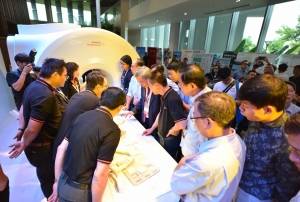
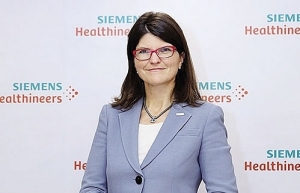
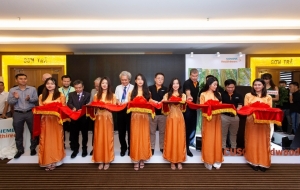
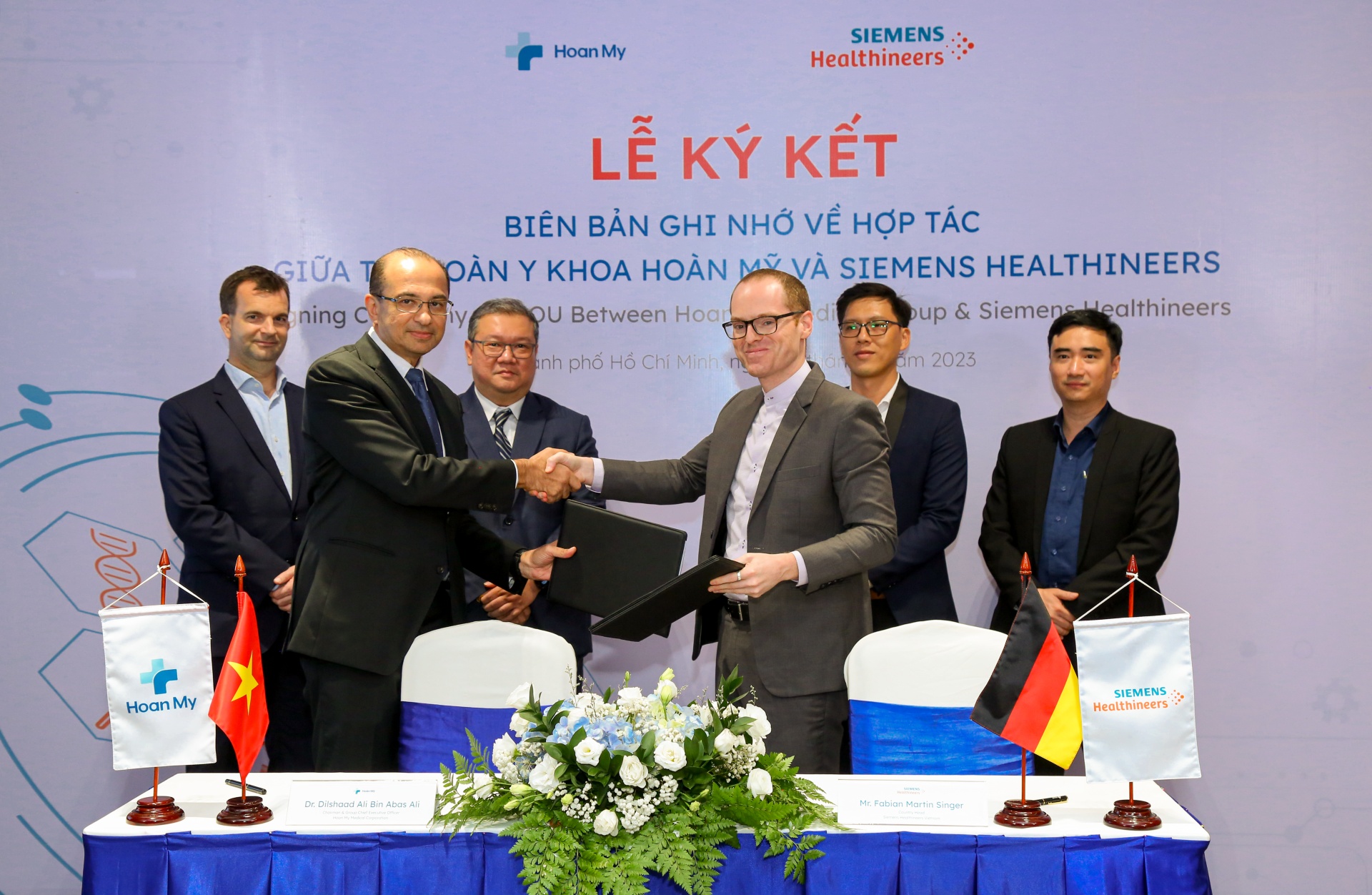
 Tag:
Tag:


















 Mobile Version
Mobile Version